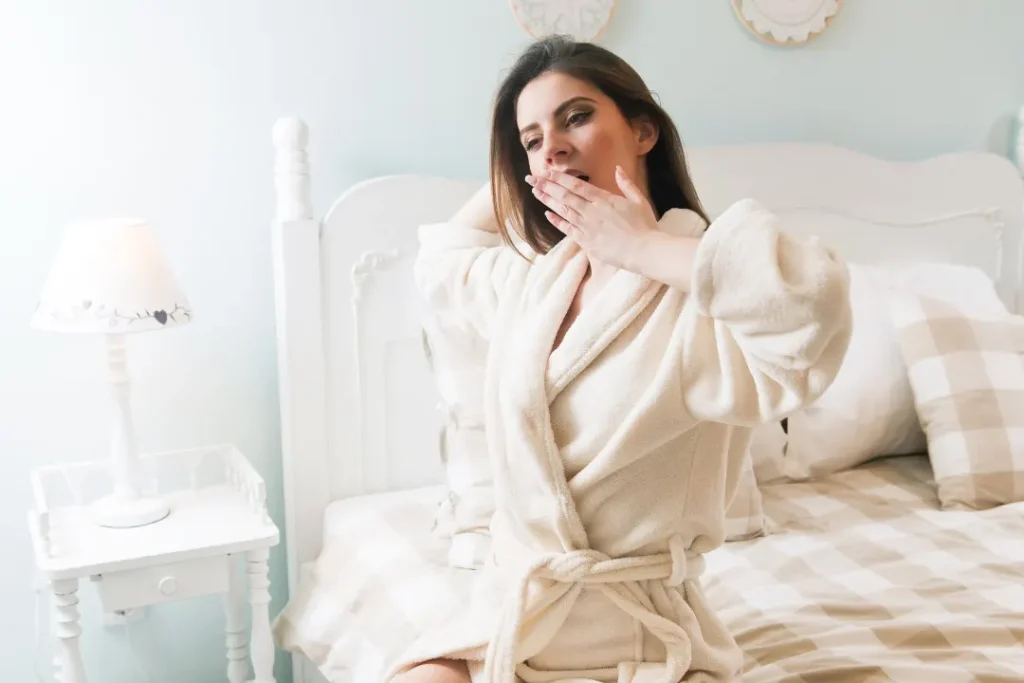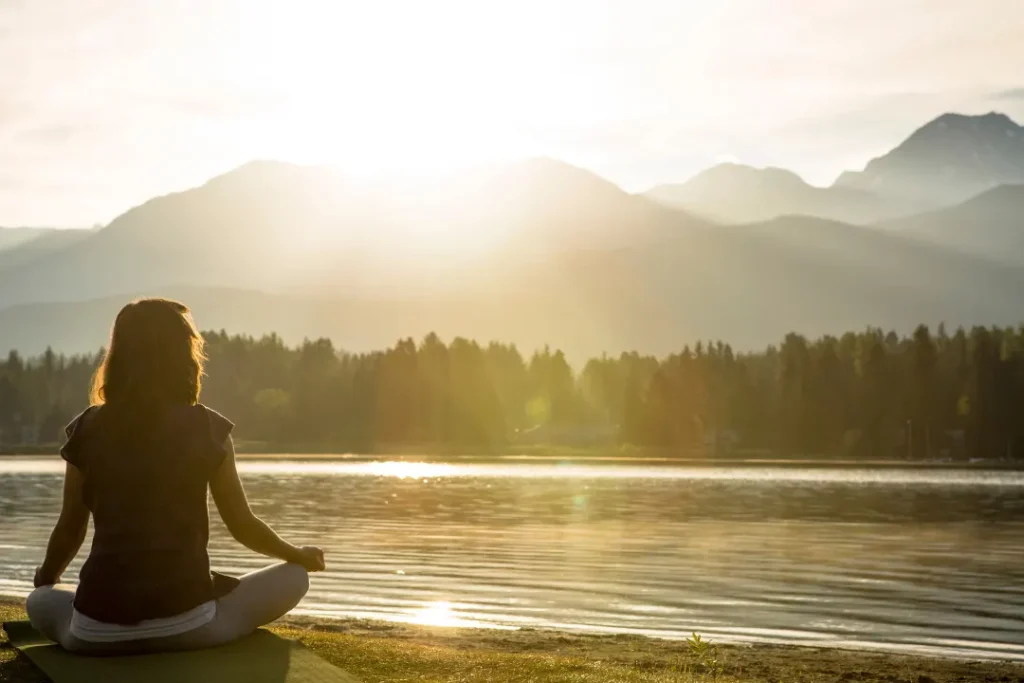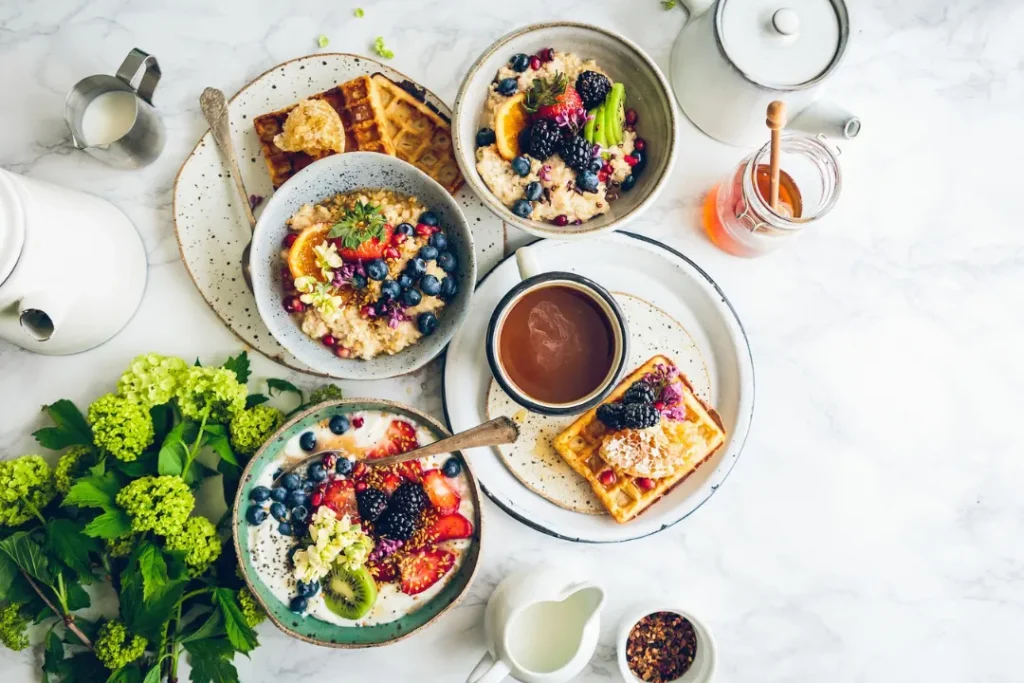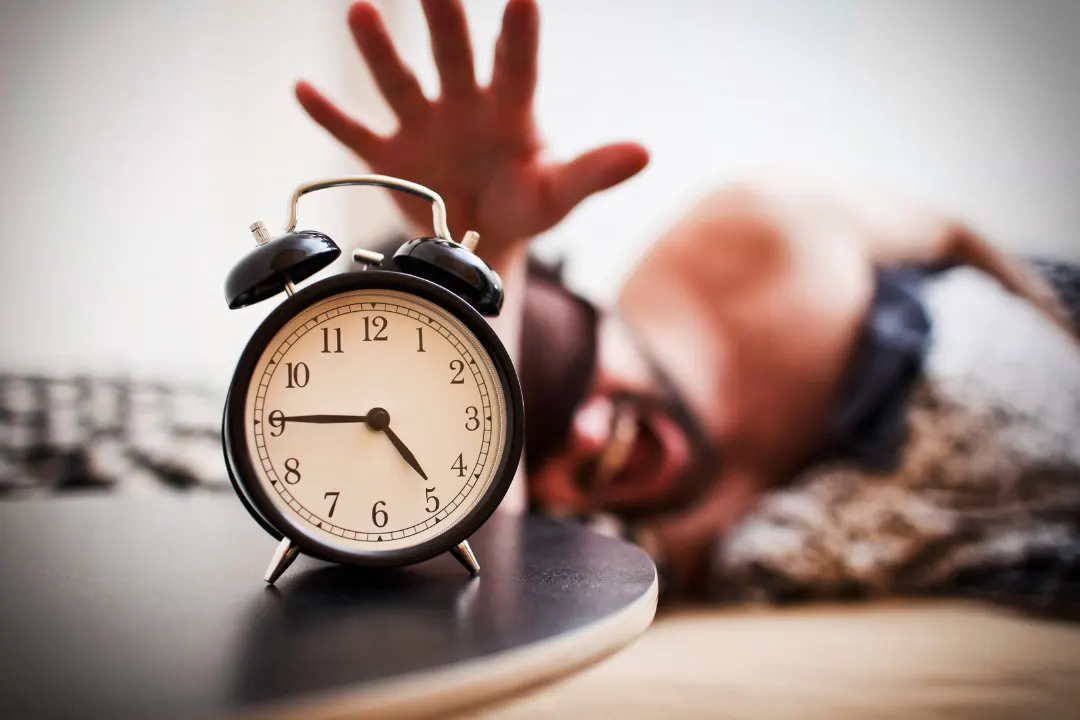I Hate Waking Up Early: Getting Into A Productive Routine
For many, the morning alarm is one of the worst sounds in the world. Yet we are forced to endure it, day in and day out, as we drag our bodies out of bed and begrudgingly start our day. Around 40 percent of people are early birds and have no problems waking up. However, where does that leave the other 60 percent?
You May Also Like:
Powdered Guarana Seed: Boost Your Energy and Focus
NMN Supplement Benefits For Health And Longevity
Close to 9 out of 10 leaders wake up no later than 7:00 AM, according to a recent survey of 1,086 CEOs. Those who take advantage of their mornings show both better physical and mental health. The benefits of being an early riser include a decrease in stress levels and the ability to maximize productivity. Furthermore, waking up early is also great for creativity. On the subject of when he does his best work, Ernest Hemingway once said, “When I am working on a book or a story I write every morning as soon after first light as possible. There is no one to disturb you…”
While you may be thinking, I know I need to be an early bird, but I hate waking up early, there are several things you can do to help kick-start your day. We explore five ways that can help you conquer your mornings.
I Hate Waking Up Early: Getting Into A Productive Routine is an original (News7Health) article.
I Hate Waking Up Early:
Start Going to Bed Earlier
Most Americans go to bed around 11:39 PM and wake up at roughly 7:00 AM. Understanding what is keeping you from getting to bed at an earlier time is the first step toward healthy sleep habits. While there are many different reasons why people go to bed late, the most common are:
- Night Lights: Those who live in urban areas and cities are usually surrounded by artificial lights when there should be darkness. This lighting tricks the mind into thinking the time is earlier than it actually is.
- Naps: Afternoon naps can interfere with your nighttime sleep, especially for those who experience a state of “deep sleep” in the afternoon. Napping can disrupt your sleep schedule and cause sleep problems, which makes it harder to wake up early.
- Insomnia and/or Anxiety: Insomnia and anxiety can negatively impact our sleep by keeping us up late into the night. If you want to treat serious insomnia or anxiety, it is advisable to consult with your doctor or primary physician.

I Hate Waking Up Early:
Get Regular Exercise
Strong evidence continues to prove that regular exercise is great for getting to sleep at an earlier time. Among the various types of exercise you can do, aerobic exercise works best to promote quality sleep.
Aerobic exercise can increase the amount of “deep sleep” we get. Deep sleep is important as it is the time when your mind can fully relax and take a break from controlling every facet of your body.
While a complete gym routine can help lead to an overall healthier lifestyle, no gym membership is necessary when it comes to sleep. You only need half an hour of aerobic exercise to get the most out of your sleep cycle. Don’t worry about having to do an intensive aerobic workout, either. Hiking, walking, or even a simple bike ride is enough to get better sleep later that night.

I Hate Waking Up Early: Getting Into A Productive Routine is the (News7Health) article.
I Hate Waking Up Early:
Get Some Sunlight
One of the biggest hindrances to our sleep schedules is the amount of artificial light we are exposed to throughout the day. From our homes to our offices, artificial lighting is everywhere. This problem is expounded as we begin to spend less and less time outdoors. While it may seem counter-productive, natural sunlight is just what the body needs for a good night’s sleep.
Sunlight helps give the body serotonin and the vitamin D that it needs. When sunlight enters our eyes, serotonin production is triggered. Serotonin is vital in the modulation of our sleep and wake cycles. It can also reduce feelings of sluggishness when waking up.
Vitamin D, on the other hand, helps in the production of melatonin. Melatonin is a hormone that helps regulate our sleep cycles. Vitamin D can also reduce feelings of restlessness throughout the day, which indirectly aids in better sleep.

I Hate Waking Up Early:
Avoid Electronics Before Bed
On the subject of artificial light, blue light has become one of the biggest hindrances to healthy sleep habits. Blue light, named after its blue-type wavelength, is emitted through most of our electronic devices, such as computers and smartphones. While these devices are integral to our everyday lives, they can also be disruptive to our necessary nighttime routines.
What makes blue light terrible for sleep is that it suppresses our melatonin. So generally, avoiding electronics before bed is advised for better sleep. However, if you need to use an electronic device, consider using apps that filter out blue/green wavelengths. Alternatively, blue light glasses can be effective in helping to filter out blue light as well.
I Hate Waking Up Early:
Eat a Balanced Breakfast
A survey of 2,000 people showed that night owls typically ate less healthy breakfasts than their counterparts. These breakfasts were high in sugar and low in carbohydrates. On the other hand, morning people tended to intake a breakfast high in carbs, such as oatmeal. Smoothies have also become a popular choice for health seekers, occasionally as an alternative to the ever-present and popular coffee.
However, whether it be making smoothies, preparing coffee, or cooking breakfast, getting everything ready and then cleaning up afterward can take away from your limited morning time, when you may already be feeling energy-compromised. One solution that people have been turning to as an alternative to coffee and as a means to getting the biological and psychological engines started? Morning cocktails.
Morning cocktails, like Club Early Bird’s, are an alternative to the morning cup of coffee. One of the reasons why they have been growing in popularity is how simple they are to prepare. Club Early Bird’s Morning Cocktail comes in a powder form that can be added to water, shaken the night before, and consumed as soon as your morning alarm goes off.
Morning Cocktail also uses electrolytes to help hydrate the body while using coffee bean extract, antioxidants, and amino acids for a healthy way to get the body ready for the day. On the topic of Morning Cocktail, Club Early Bird CEO Charles Gregory said, “Our goal was to create a cheat code to waking up early, something that will help health-conscious people easily get out of bed and jump-start their day…”

Get a Leg-Up on the Day
Changing your morning routine can be difficult, but it yields immense benefits. Fortunately, science continues to provide us with different methods we can implement to start feeling refreshed when we begin our day. Whether it be simple schedule changes, modern solutions that use apps, or even healthier alternatives like Morning Cocktail, a better morning awaits you.
Further Reading For Additional References:
Herzing University: 8 Genius Tips for Waking Up Early
National Library of Medicine: New perspectives on the role of melatonin in human sleep, circadian rhythms and their regulation
Sleep Centers: Which Hormones Affect Sleep?
Important Note: The information contained in this article (I Hate Waking Up Early: Getting Into A Productive Routine) is for general informational purposes only, and should not be construed as health or medical advice, nor is it intended to diagnose, prevent, treat, or cure any disease or health condition. Before embarking on any diet, fitness regimen, or program of nutritional supplementation, it is advisable to consult your healthcare professional in order to determine its safety and probable efficacy in terms of your individual state of health.
Regarding Nutritional Supplements Or Other Non-Prescription Health Products: If any nutritional supplements or other non-prescription health products are mentioned in the foregoing article, any claims or statements made about them have not been evaluated by the U.S. Food and Drug Administration, and such nutritional supplements or other health products are not intended to diagnose, treat, cure, or prevent any disease.


